neuroplasticity exercises for anxiety
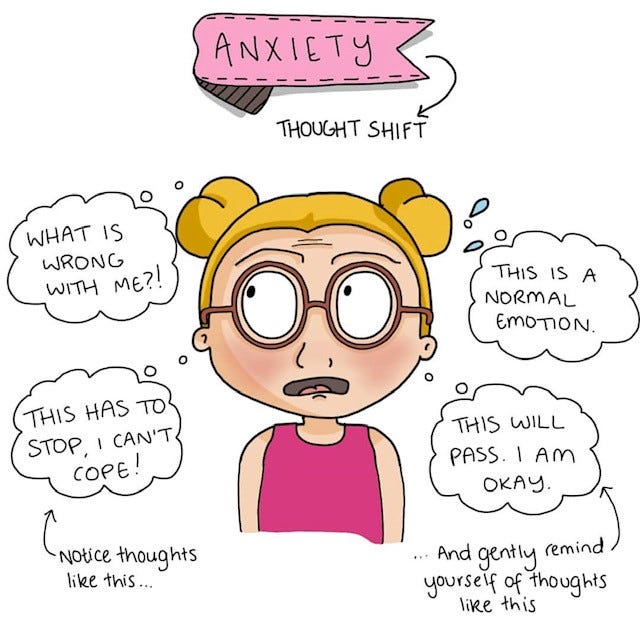 Neuroplasticity- ReWiring Your Anxiety | by Chasca Lune | Live Your Life On Purpose | Medium
Neuroplasticity- ReWiring Your Anxiety | by Chasca Lune | Live Your Life On Purpose | Medium6 ways to relive your brainExperts have not yet determined the limits of capabilities. Some think we can never fully understand them all. But it supports the existence of one of its most important processes: neuroplicity. "Neuroplasticity" refers to the ability of your brain to restructure or relive when it recognizes the need for adaptation. In other words, you can continue to develop and change throughout life. "Neuroplasticity" refers to the ability of your brain to restructure or relive when it recognizes the need for adaptation. In other words, you can continue to develop and change throughout life. For example, if after a car accident affects your ability to speak, you have not necessarily lost this ability permanently. Therapy and rehabilitation can help your brain relieve this ability by repairing old paths or creating new ones. Neuroplicity also seems to have the promise to lead potential treatment for certain mental health conditions. negative thinking patterns that occur with, for example, could result from interrupted or impaired neuroplastic processes. Exercises that promote positive neuroplicity, then, can help "rew" these patterns to improve well-being. Changing your brain may seem rather complicated, but it's absolutely something you can do at home. Yeah, you read that. The debate on the potential benefits and risks of video games can get quite contentious, but if you enjoy the games, there are some good news: it suggests that this hobby can have many cognitive benefits. The benefits associated with the game include improvements in: In short, when you play video games, you teach your brain new skills. These effects can improve your game, without a doubt, but also lead to the rest of your life: Different games, different benefits According to one, different types of games can offer variable benefits: These effects seem to start after about 16 hours of play. This doesn't mean you have to play for 16 hours at a time, of course, this is not really recommended. But adding a few hours of weekly play to your leisure time can be a great way. Have you considered studying another language? Maybe you thought a second (or third) language could increase your career opportunities, or you wanted to pick it up just to have fun. In any case, you'd be doing your brain a big favor. There are many tests that suggest that acquiring a new language improves cognitive function. The highest gray matter... In one, researchers examined 10 exchange students who were native English speakers who studied German in Switzerland. After 5 months of intensive language study, its German competition had increased, and also the density of gray matter in its brain. Gray matter houses many important regions in your brain, including areas associated with: Increased gray matter density can improve your function in these areas, especially as you age. In fact, it is believed that you can offer some against cognitive decline. Learning a language at any stage of life could help decrease the future age-related fall, including symptoms of dementia. Another evidence found to support the idea that collecting a new language increases gray matter density and neuroplicity. After 3 months of intensive study of a new topic, 14 adult interpreters saw increases in gray matter density and hypocampal volume. The role plays an important role in long-term memory. ...and white matter According to , learning a second language in adulthood can also strengthen white matter, which helps facilitate brain connectivity and communication between different regions of the brain. Studying a new language at any age can lead to: You may have heard of online programs and applications such as Rosetta Stone, Babbel and Duolingo, but you can also study languages in other ways. Click your second-hand local bookshop for textbooks, or check your library for books and CDs. Whatever method you choose, try to stay with him for at least a few months, even if you only do 10 or 15 minutes of study a day. Whatever method you choose, try to stay with him for at least a few months, even if you only do 10 or 15 minutes of study a day. The music has several. It can help improve your: it also seems to help slow cognitive deterioration in older adults. suggests music, especially when combined with dance, art, play and exercise, helps promote neuroplicity. It can improve movement and coordination and can help strengthen memory capabilities. But not only helps prevent further cognitive impairment. It can also help and improve the quality of life. According to one, musical training also has benefits such as neuroplastic exercise. Learning to play music in childhood can help protect against age-related cognitive impairment and lead to better cognitive performance in adulthood older, for one. also suggests that musicians often have: It is never too late to learn an instrument. Online tutorials can help you start, especially if you don't want to take advantage of the lessons. Check your local classified ads for used instruments, or try cheap options like a ukulele, harmonic or keyboard (such as a bonus added, many people find these instruments quite easy to learn). Isn't it very musical? All right! Even listening to music more regularly can help increase brain neuroplasticity. So turn on your favorite playlists — it's good for your brain. If you like to travel, here is one more reason to go out and explore a new place: The journey can help improve cognitive flexibility, inspire and improve creativity. Experience new landscapes and environments can also help you learn about different cultures and become a better one, both can have additional cognitive benefits. Visiting new places can also help to broaden your overall view of the world, which can help you open your mind and give you a new perspective on things closer to home, such as career goals, friendships or personal values. If you can't go out into the wider world right now, don't worry. You can still take yourself on a journey closer to home. Test: Most people recognize that exercise offers a series of physical exercises:But physical activity also strengthens their brain. Exercise — in particular — can in cognitive skills such as learning and memory. According to one , exercise also helps improve the coordination of the fine motor and brain connectivity, and can protect against cognitive impairment. Another benefit of physical activity as neuroplastic exercise? It helps to promote increased blood flow and cell growth in the brain, which links to reduced depression symptoms. If you exercise with someone else or in a larger group, you will probably see some as well. Strong social connections improve quality of life and emotional well-being, so getting involved with others more regularly can be another great way to increase brain health and help relieve symptoms of and depression. Exercise recommendations may vary, depending on your age, capacity and health, but it's a good idea to get at least a little activity every day. Creating art can help you see the world in new and unique ways. You could use art to order and express, share personal experiences, or get more information about personal struggles, for example. suggests art forms such as drawing and painting directly benefit your brain by improving creativity and improving cognitive skills. Artistic searches can also help create new pathways and strengthen existing connections in your brain, leading to a better cognitive function in general. No art experience? No problem. Like many skills, artistic skills tend to improve with time and practice. YouTube offers many paint tutorials, and your local library (or any bookstore) will probably have books on drawing or sketching for people of any skill level. Abrace unfocusing Even simple doodling can offer brain benefits by activating the network in a predetermined way of the brain, allowing your brain briefly. This occasional time of mental inactivity relates directly to neuroplasticity. Letting your brain rest can: So, the next time you find yourself waiting for something empty-handed, pick up a pen and get doodling. Art can also help promote, so consider the time to build for art in your week. Involve your partner and family, too — all benefit here. The experts previously believed that after a given point of life, their brain could no longer change or develop. Now they know this is not true. With a little time and patience, you can relive your brain, which can help with certain symptoms of mental health and protect against cognitive impairment. Crystal Raypole has previously worked as a GoodTherapy writer and editor. Its fields of interest include Asian languages and literature, Japanese translation, cooking, natural sciences, sexual positivity and mental health. In particular, it is committed to helping to reduce the stigma surrounding mental health problems. Last medical review on June 16, 2020 related stories Read this next series of words

Neuroplasticity- ReWiring Your Anxiety | by Chasca Lune | Live Your Life On Purpose | Medium
brain plasticity Archives | Stop Stress and Anxiety

Rewiring the Anxious Brain - Neuroplasticity and the Anxiety Cycle(Anxiety Skills #21) - YouTube

3 Simple Neuroplasticity Exercises For Anxiety - Rewiring Your Anxious Brain Through Neuroplasticity - YouTube

Neuroplasticity: Self-Directed Neuroplasticity Exercises — Steemit

Brain Neuroplasticity (Page 1) - Line.17QQ.com

14 Ways to Reduce Anxiety Naturally - DrJockers.com

Neuroplasticity: 3-in-1 Bundle to Master Brain Plasticity, Anxiety Neuroscience, Neuroplasticity Exercises & Rewire Your Brain by Troye Bates

Neuroplasticity: How Neuroplasticity Rewire your Brain, Eliminate Depression and Anxiety, Overcoming Trauma, Improve Memory, and Why You NEED to Apply this technique for Stop Procrastinating! by Emily Goleman

Studies Reveal You Can Rewire Your Brain With Neuroplasticity for Anxiety | Anxiety Relief, Gift Boxes and Coping Mechanisms
![What is Neuroplasticity? A Psychologist Explains [+14 Exercises] What is Neuroplasticity? A Psychologist Explains [+14 Exercises]](https://i.ytimg.com/vi/QIowKKCx-1s/maxresdefault.jpg)
What is Neuroplasticity? A Psychologist Explains [+14 Exercises]
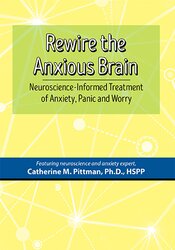
Product Detail
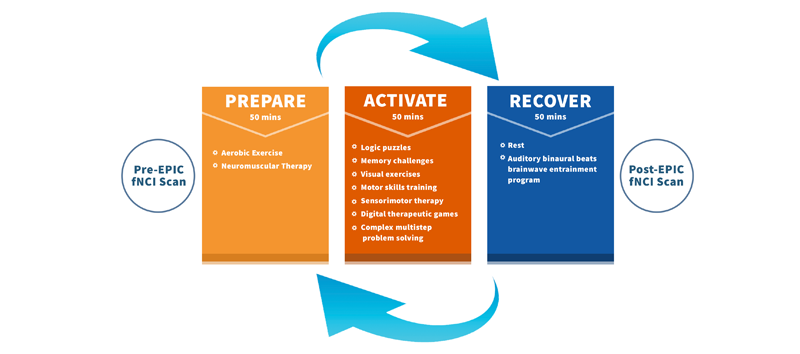
Neuroplasticity Treatment: How It Can Help You Recover From a Brain Injury

The Benefits Of Neuroplasticity - Deepstash

Amazon.com: Neuroplasticity: How Neuroplasticity Rewire Your Brain, Eliminate Depression and Anxiety, Overcoming Trauma, Improve Memory, and Why You Need to Apply This Technique for Stop Procrastinating! (Audible Audio Edition): Emily Goleman, Melissa
Neuroplasticity- ReWiring Your Anxiety | by Chasca Lune | Live Your Life On Purpose | Medium
![What is Neuroplasticity? A Psychologist Explains [+14 Exercises] What is Neuroplasticity? A Psychologist Explains [+14 Exercises]](https://positivepsychology.com/wp-content/uploads/neuroplasticity-min-1.jpg)
What is Neuroplasticity? A Psychologist Explains [+14 Exercises]

Neuroplasticity: Exercises to Improve Cognitive Flexibility, Conquer Trauma & PTSD, Change Bad Habits, Eliminate Depression and So Much More!: Winship, Adrian: 9781733092319: Amazon.com: Books

Shaping the Brain With Neuroplasticity | Cognitive Function Training

Leveraging Neuroplasticity to Enhance Adaptive Learning: The Potential for Synergistic Somatic-Behavioral Treatment Combinations to Improve Clinical Outcomes in Depression - Biological Psychiatry

Neuroplasticity and Exercise - The Inle BrainFit Institute | Neuroplasticity exercises, Neuroplasticity, Exercise
![What is Neuroplasticity? A Psychologist Explains [+14 Exercises] What is Neuroplasticity? A Psychologist Explains [+14 Exercises]](https://positivepsychology.com/wp-content/uploads/neuroplasticity1-min.png)
What is Neuroplasticity? A Psychologist Explains [+14 Exercises]
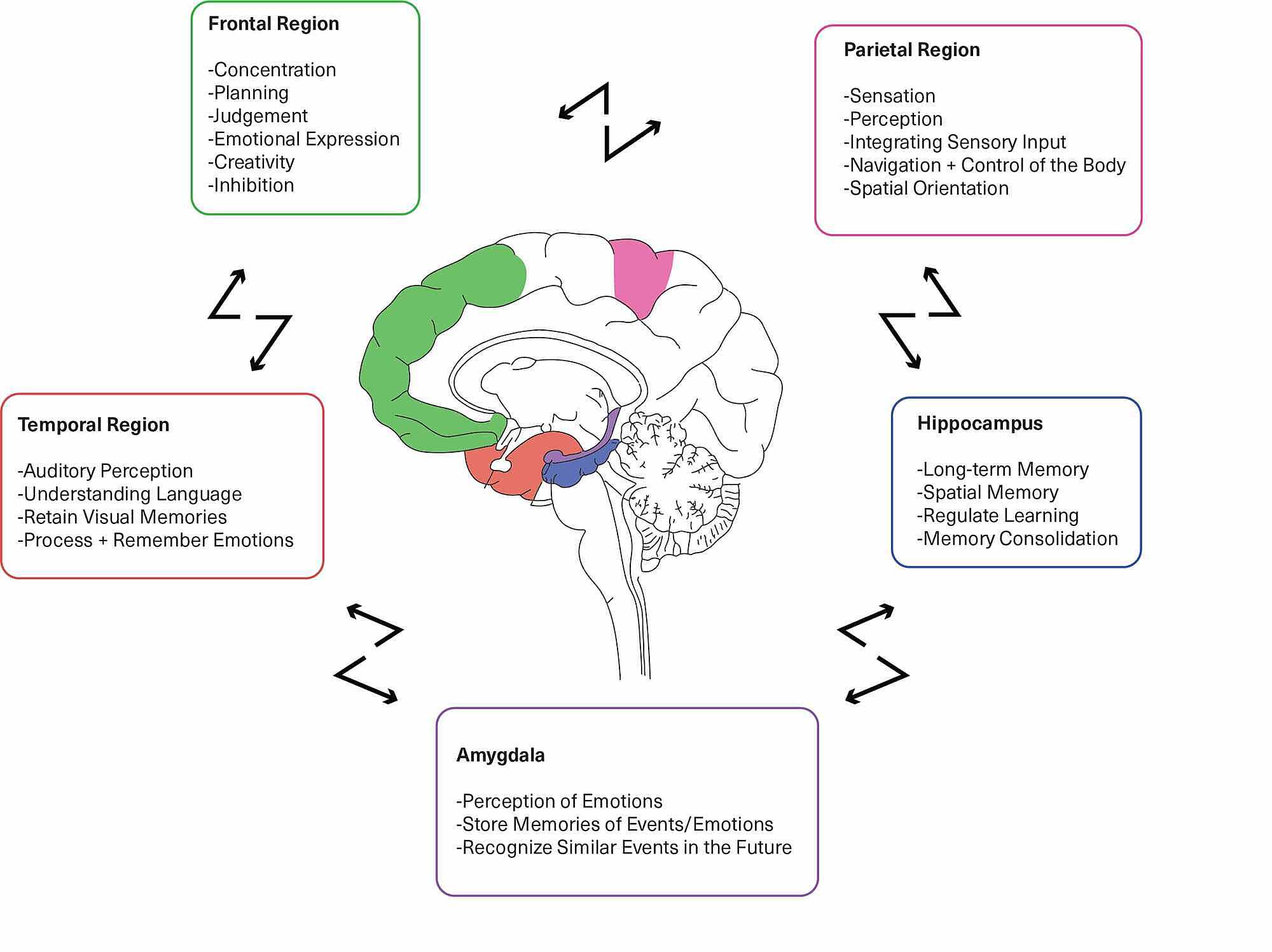
Cureus | Neuroplasticity Improves Bipolar Disorder: A Review

Studies Reveal You Can Rewire Your Brain With Neuroplasticity for Anxiety | Anxiety Relief, Gift Boxes and Coping Mechanisms

Physical Activity Modulates Common Neuroplasticity Substrates in Major Depressive and Bipolar Disorder

Neuroplasticity: A Definitive Guide to Rewiring Your Brain, Changing Your Habits, Beating Procrastination, and Developing a New Mind with the Power of Mental Exercises and Mindset-Altering Techniques: Carnegie, Napoleon: 9798677213175: Books -

Trends in exercise neuroscience: raising demand for brain fitness

How Neuroplasticity Hurts and Helps Your Mental Health - The Best Brain Possible
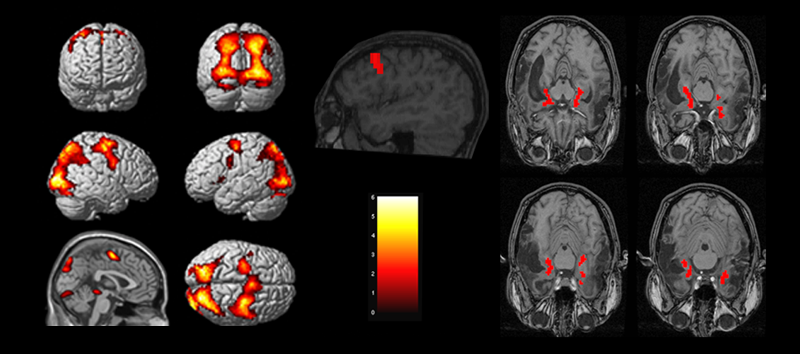
Neuroplasticity Treatment: How It Can Help You Recover From a Brain Injury
:max_bytes(150000):strip_icc()/what-is-brain-plasticity-2794886-01-cb68ba43ed534fb4b220ff86bf28a0e4.png)
How Experience Changes Brain Plasticity (Neuroplasticity)

Pin on Health

Physical Activity and Anxiety: A Systematic Review and Meta-analysis of Prospective Cohort Studies - American Journal of Preventive Medicine
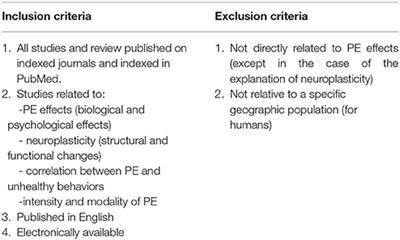
Frontiers | Effects of Physical Exercise on Cognitive Functioning and Wellbeing: Biological and Psychological Benefits | Psychology
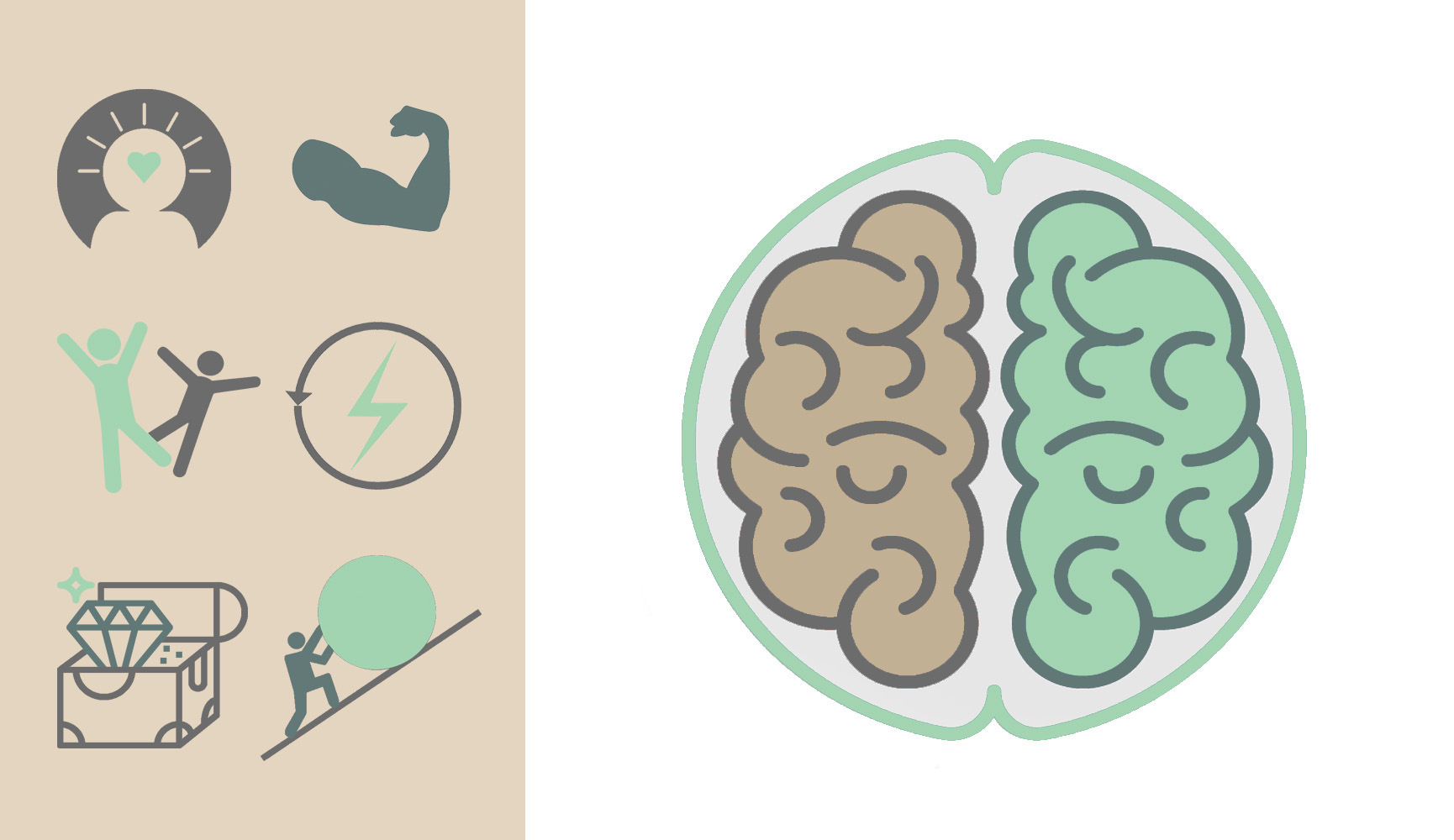
A 9-Step Guide to Increase Your Neuroplasticity and Growth Experiences

Nonpharmacological Interventions in Targeting Pain-Related Brain Plasticity
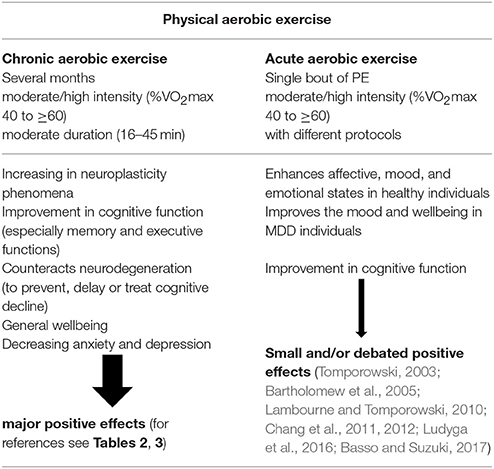
Frontiers | Effects of Physical Exercise on Cognitive Functioning and Wellbeing: Biological and Psychological Benefits | Psychology

What Mindfulness Does to Your Brain: The Science of Neuroplasticity | Real Simple
Brain Training: What Neuroscience is Teaching Us About Our Ability To Heal Ourselves - Primrose Practice

PDF) Neuroplasticity in response to cognitive behavior therapy for social anxiety disorder
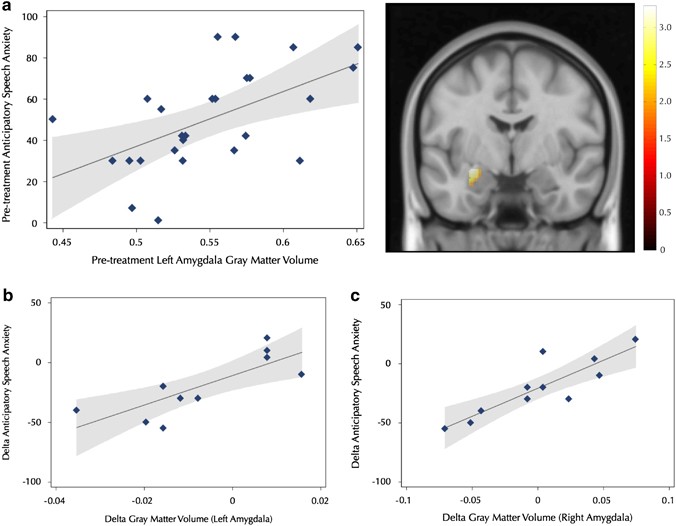
Neuroplasticity in response to cognitive behavior therapy for social anxiety disorder | Translational Psychiatry
Posting Komentar untuk "neuroplasticity exercises for anxiety"